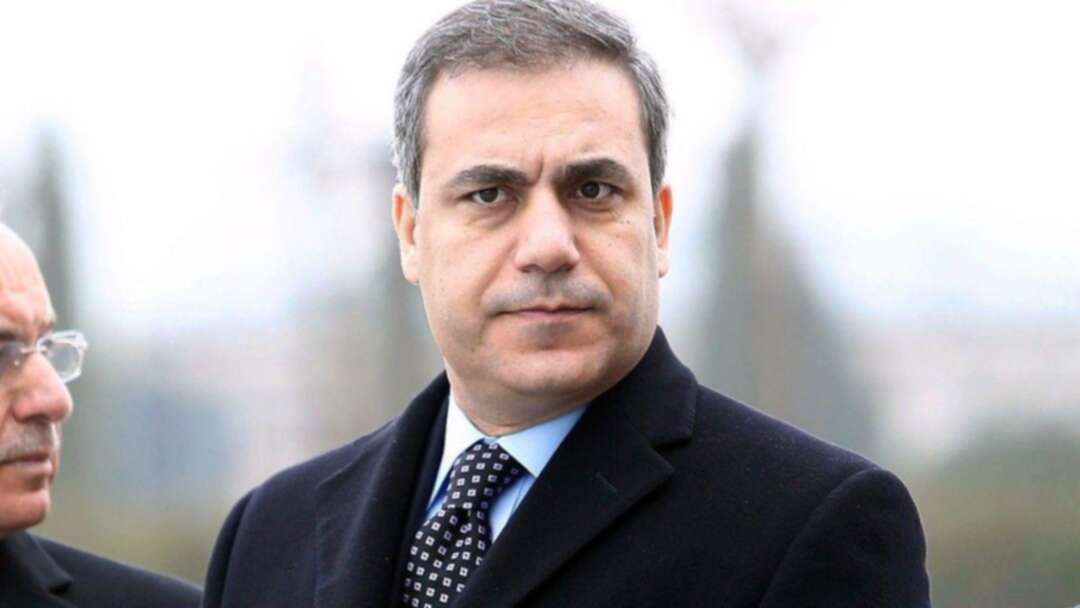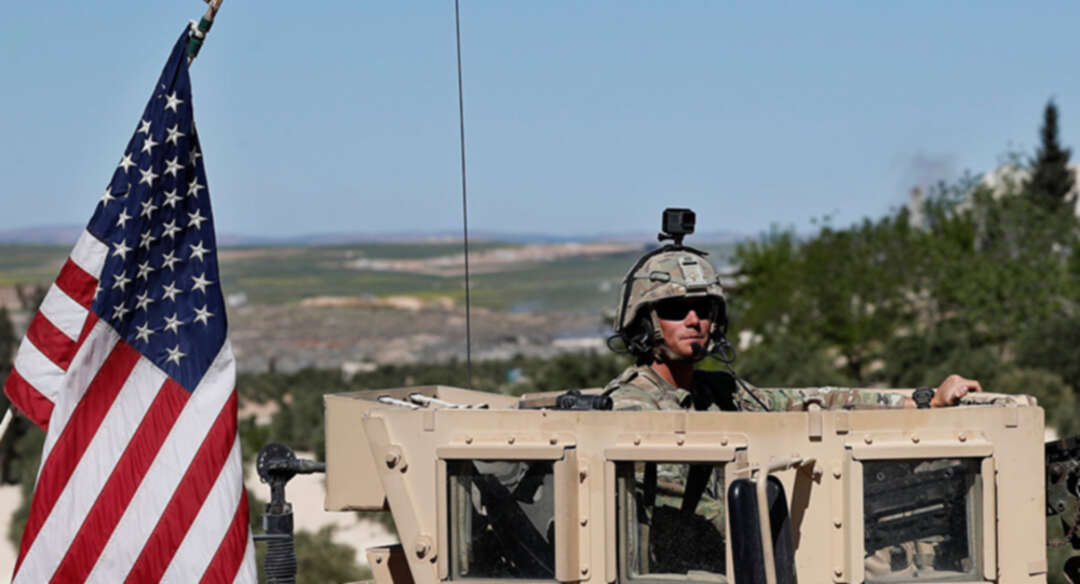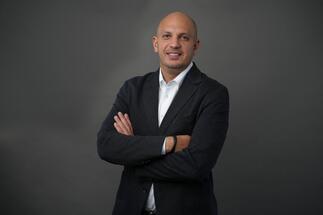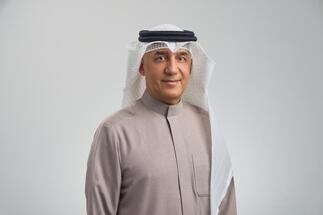-
EU medicines agency approves booster doses of Pfizer/BioNTech COVID-19 vaccine
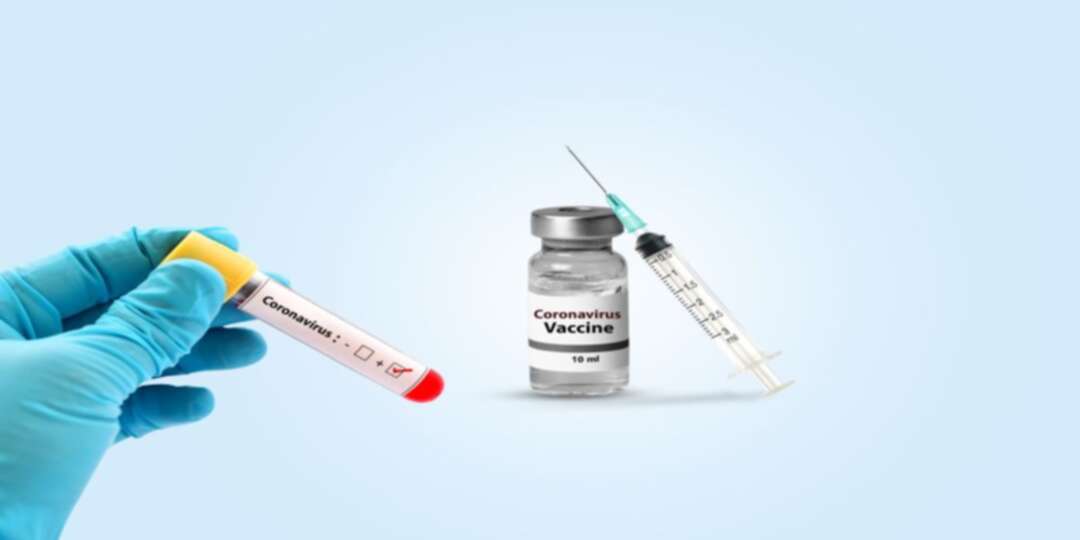
The European Union's medicines agency on Monday approved booster doses of the Pfizer/BioNTech COVID-19 vaccine for all people aged 18 and over.
The Xinhua reported, the Amsterdam-based European Medicines Agency (EMA) said in a statement that data for the Pfizer/BioNTech vaccine had shown a rise in antibody levels when a booster shot is given approximately 6 months after the second dose in people aged 18 to 55.
It said, the (EMA) recommended that the booster doses "may be considered at least 6 months after the second dose for people aged 18 years and older."
Meanwhile, the EMA also recommended an extra dose of Pfizer/BioNTech and Moderna vaccines for those with severely weakened immune systems.
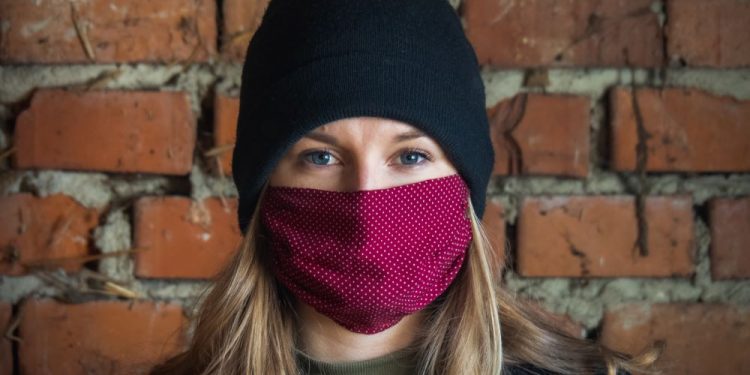
The EMA said that it had given the green light after studies showed that an extra dose of these vaccines increases the ability of organ transplant patients with severely weakened immune systems to produce antibodies against the virus that causes COVID-19.
Read more: EU announces development of key commercial crossing between Gaza Strip and Israel
The EMA said, the extra dose should be given to the severely immune-compromised at least 28 days after their second dose.
"Although there is no direct evidence that the ability to produce antibodies in these patients protected against COVID-19, it is expected that the extra dose would increase protection at least in some patients," it said, adding that it will continue monitoring any new data on its effectiveness.
The EU agency also added: "The risk of inflammatory heart conditions or other very rare side effects after a booster is not known and is being carefully monitored."
According to the EMA, member states will take decisions related to booster vaccines.
Source: xinhua
You May Also Like
Popular Posts
Caricature
BENEFIT Sponsors Gulf Uni...
- April 17, 2025
BENEFIT, the Kingdom’s innovator and leading company in Fintech and electronic financial transactions service, has announced its sponsorship of the “Innovation and Sustainable Technology Solutions Competition (GU - IST Solutions), hosted by Gulf University at its main campus.
This strategic sponsorship reflects BENEFIT’s active role in advancing technological innovation and fostering sustainable solutions to future challenges. It also seeks to empower Bahraini youth by enhancing their skills, capabilities, and competitiveness in innovation and solution development—contributing meaningfully to the broader goals of sustainable development across all sectors.
As part of BENEFIT’s active involvement in the competition, the company has announced that Hanan Abdulla Hasan, Senior Manager of Public Relations and Communication, will serve on the competition’s supervisory committee. Her upcoming participation reflects BENEFIT’s forward-looking commitment to championing academic and professional excellence.
Commenting on the occasion, Hanan Abdulla Hasan, Senior Manager of Public Relations and Communication at BENEFIT, said, “We are privileged to support this pioneering initiative, which aligns seamlessly with BENEFIT’s enduring commitment to fostering innovation and nurturing the potential of Bahrain’s youth. Our participation is rooted in a deep sense of social responsibility and a firm belief in the pivotal role of innovation in shaping a sustainable future. Through such platforms, we seek to empower the next generation with the knowledge, skills, and foresight required to develop impactful solutions that address future challenges, in line with the United Nations Sustainable Development Goals 2030.”
Dr. Aseel Al Ayash Dean of the College of Engineering in Gulf University commented, “We extend our sincere gratitude to BENEFIT for their generous sponsorship and support of the Innovation and Sustainable Technology Solutions Competition. This contribution plays an instrumental role in helping us achieve the strategic goals of this initiative, namely, cultivating a culture of innovation and sustainability, encouraging efforts that address the imperatives of sustainable development, and enhancing the practical and professional capabilities of our students and participants.”
The event will bring together a diverse spectrum of participants, including secondary school students, university undergraduates, engineers, industry professionals, entrepreneurs, academic researchers, and subject matter experts representing a wide range of disciplines.
The competition seeks to inspire participants to develop and present innovative, sustainable technologies aimed at addressing pressing environmental, social, and economic challenges. It encourages the formulation of business models that integrate advanced technological solutions with core principles of sustainability. Moreover, it serves as a platform for emerging leaders, entrepreneurs, and innovators to contribute to the advancement of the Sustainable Development Goals, promote the ethos of responsible technology, and demonstrate its transformative potential across various sectors.
Attendees will have the opportunity to view a series of project presentations submitted by participants, covering diverse areas such as eco-friendly product design, smart and sustainable innovations, renewable energy technologies, water conservation and management, waste minimisation and recycling, green architectural solutions, and sustainable transportation systems. Outstanding projects will be formally recognised and awarded at the conclusion of the event.
opinion
Report
ads
Newsletter
Subscribe to our mailing list to get the new updates!



